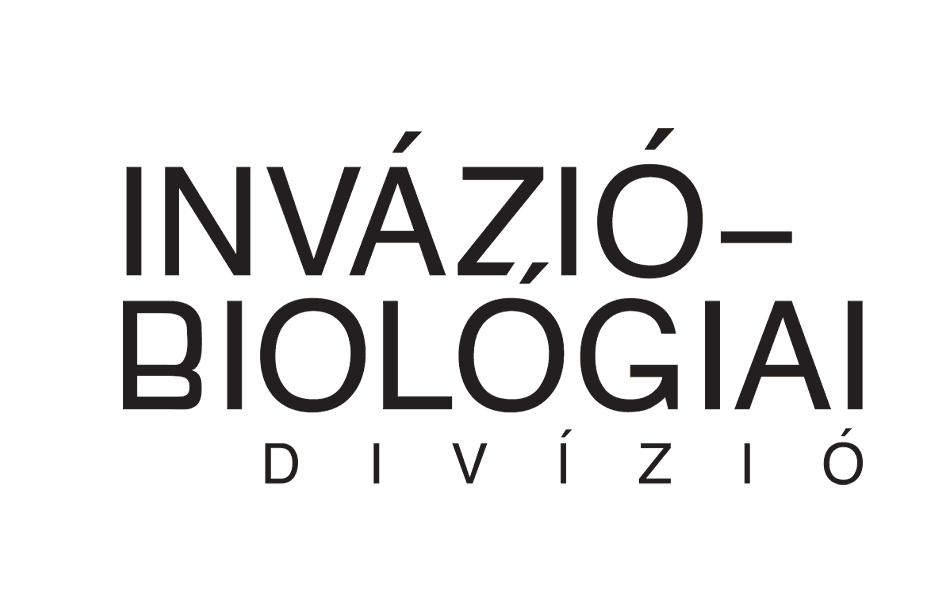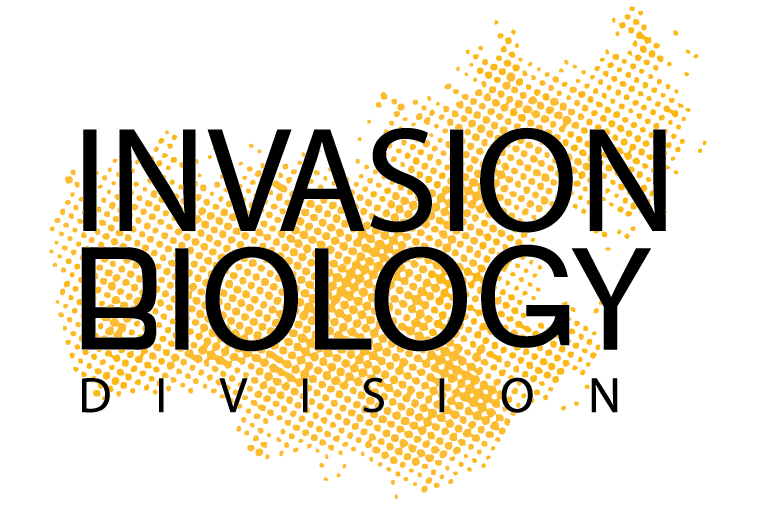In a new study, the Mosquito Monitor Group has used a model-based approach to demonstrate that so-called “citizen science” data collected with the public’s participation can be used to draw scientific conclusions.
By “citizen science” or “community science” we mean scientific research that involves society in shorter or longer scientific projects, and in this way is able to collect large amounts of data efficiently and actively link science and the public. The Mosquito Monitor programme launched by the group is based on this approach, and for the fifth year in a row, the researchers are asking the general public to help them map the distribution of invasive biting mosquitoes in their country. There is no question that the programme is working well, with more and more mosquito reports coming in from all over the country every year, giving researchers an increasingly accurate picture of the presence of invasive species (Asian tiger mosquito, Japanese bush mosquito, Korean mosquito) in the country. In this study, after taxonomic verification of about 3,000 mosquito reports received so far (following the identification of mosquito species), the researchers investigated whether the data obtained reflect the reality, i.e. the true distribution pattern of the mosquito species searched for, and whether the data can be reliably used to draw scientific conclusions. By comparing the spatio-temporal patterns of occurrence generated from the reports, based on the presence/prevalence data of individual species, with the information collected by the researchers during direct field monitoring, it was concluded that the maps based on the reports correspond well with the results of direct field sampling using traditional trapping protocols.
Considering the amount of effort invested in sampling, the reports can be used to answer biological questions and draw scientific conclusions about the distribution of invasive biting midges. This can make national monitoring of mosquitoes significantly more effective, which is also of particular benefit for mosquito control programmes and for epidemiological risk assessment.
Publication
Garamszegi, L., Kurucz, K., Soltész, Z. Validating a surveillance program of invasive mosquitoes based on citizen science in Hungary. JOURNAL OF APPLIED ECOLOGY (2023)



